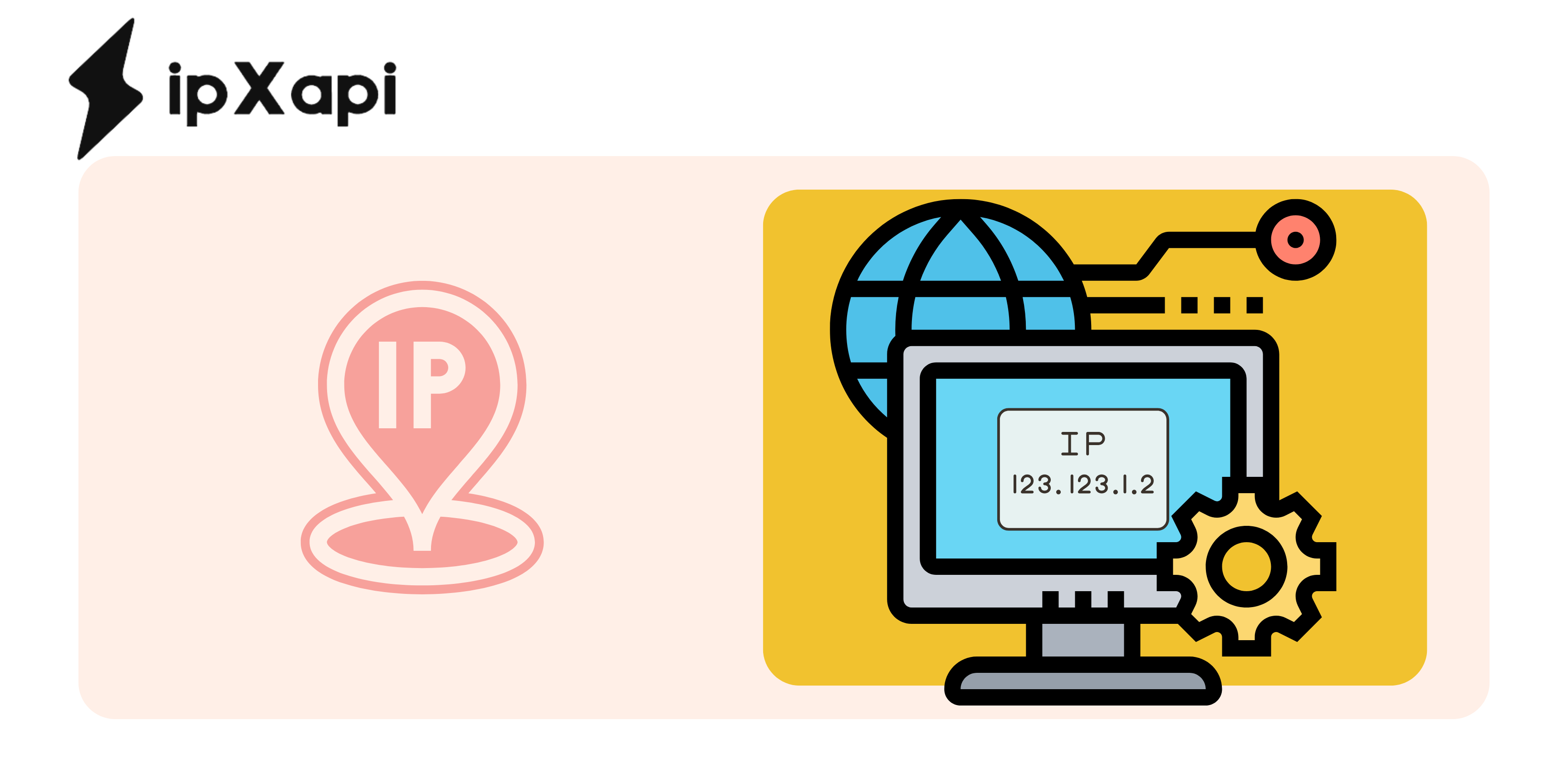IP Security API: Enhancing Cybersecurity for Enterprises

In today’s digital age, businesses face an unprecedented array of online threats. With cyberattacks becoming more sophisticated, the demand for robust cybersecurity solutions is more critical than ever. For developers and businesses, this means finding reliable tools that deliver high-quality security solutions. One such tool is Ipxapi, which offers the most advanced IP Security API and provides access to outstanding IP data online.
Ipxapi: The Go-To Solution for IP Security API and IP Data
Ipxapi stands as a leading solution in the realm of IP data and cybersecurity, offering a comprehensive IP Security API designed to meet the needs of developers and enterprises alike. It delivers accurate, updated data that can be seamlessly integrated into various applications. With extensive coverage of both IPv4 and IPv6 networks, Ipxapi ensures developers can access information that spans across the globe, making it indispensable for businesses seeking strong protection against threats.

What sets Ipxapi apart is its vast catalog of features aimed at enhancing online security. From identifying potential malicious activity to tracking geolocations, Ipxapi provides a full range of services that boost security efforts. Its strong developer support ensures easy implementation, offering step-by-step guides and responsive technical assistance.
The seamless integration process and excellent API documentation make it a go-to solution for any enterprise needing robust IP security. In a world where every second counts, Ipxapi guarantees that businesses stay ahead of potential threats while leveraging high-quality IP data to secure their infrastructure.
The Importance of IP Security APIs for Developers and Enterprises
With the growing complexity of cyber threats, having an IP Security API in place is no longer optional—it’s a necessity. Developers need to rely on trustworthy IP Security APIs to prevent unauthorized access, mitigate security risks, and detect potential breaches before they occur. APIs, like those offered by Ipxapi, provide real-time data, helping developers stay vigilant and proactive.

From fraud detection to access control, IP Security APIs can be integrated into various systems to protect against a wide range of attacks. For enterprises, this means better protection for their users, data, and internal systems. Developers benefit by integrating security directly into their applications, enhancing the overall reliability of their solutions.
A trusted IP Security API offers more than just protection—it allows businesses to build and deploy solutions with greater confidence, knowing that they are backed by up-to-date and accurate data.
Step-by-Step Guide to Integrating Ipxapi
Integrating Ipxapi into your project is straightforward and efficient. First, you’ll need to sign up to Ipxapi and acquire your API key, which grants you access to Ipxapi’s vast database and security services. Once you have the key, choose the specific data or service you want to use, whether it’s IP geolocation, fraud prevention, or IP address validation.

Next, you’ll make your first API call by following the clear guidelines provided in the documentation. The real strength of Ipxapi lies in its scalability, allowing your app or tool to grow without worrying about performance drops. As your project scales, you can optimize it to handle higher traffic volumes or more complex data queries seamlessly.
How Ipxapi is Revolutionizing Online Security and Development
Ipxapi is redefining the landscape of online security by offering the best IP Security API for enterprises and developers. Its features, from extensive IP data coverage to seamless integration and top-notch support, empower businesses to tackle cybersecurity challenges head-on. In a time when online threats are constantly evolving, Ipxapi provides the necessary tools to stay ahead.
By enabling developers to incorporate reliable security measures directly into their projects, Ipxapi is not just enhancing security—it’s revolutionizing how developers approach cybersecurity in the digital era.
